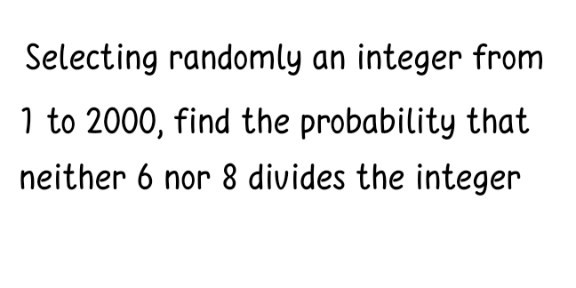
AllQuestion and Answers: Page 211
Question Number 201562 Answers: 3 Comments: 0

Question Number 201561 Answers: 1 Comments: 0

Question Number 201553 Answers: 3 Comments: 0

Question Number 201548 Answers: 1 Comments: 0

Question Number 201547 Answers: 1 Comments: 0

Question Number 201546 Answers: 2 Comments: 4
$$\:\:\:\int\boldsymbol{{Sin}}\left(\boldsymbol{{Inx}}\right)\boldsymbol{{dx}} \\ $$
Question Number 201545 Answers: 0 Comments: 0

Question Number 201544 Answers: 2 Comments: 0

Question Number 201533 Answers: 2 Comments: 0
Question Number 201534 Answers: 0 Comments: 1
Question Number 201527 Answers: 1 Comments: 0

Question Number 201526 Answers: 1 Comments: 0

Question Number 201519 Answers: 3 Comments: 0

Question Number 201517 Answers: 1 Comments: 0

Question Number 201516 Answers: 1 Comments: 0

Question Number 201515 Answers: 1 Comments: 0

Question Number 201555 Answers: 1 Comments: 0

Question Number 201557 Answers: 2 Comments: 0
Question Number 201510 Answers: 1 Comments: 0

Question Number 201509 Answers: 1 Comments: 0

Question Number 201502 Answers: 0 Comments: 3
Question Number 201514 Answers: 0 Comments: 0

Question Number 201495 Answers: 1 Comments: 1
Question Number 201486 Answers: 0 Comments: 0

Question Number 201477 Answers: 1 Comments: 0
Question Number 201475 Answers: 0 Comments: 5

Pg 206 Pg 207 Pg 208 Pg 209 Pg 210 Pg 211 Pg 212 Pg 213 Pg 214 Pg 215
